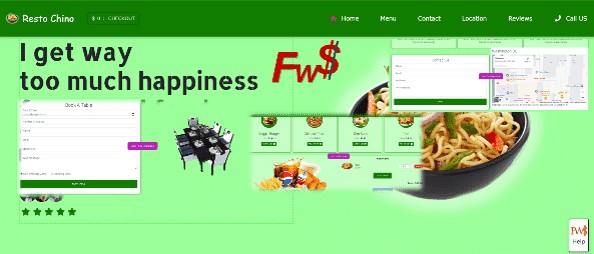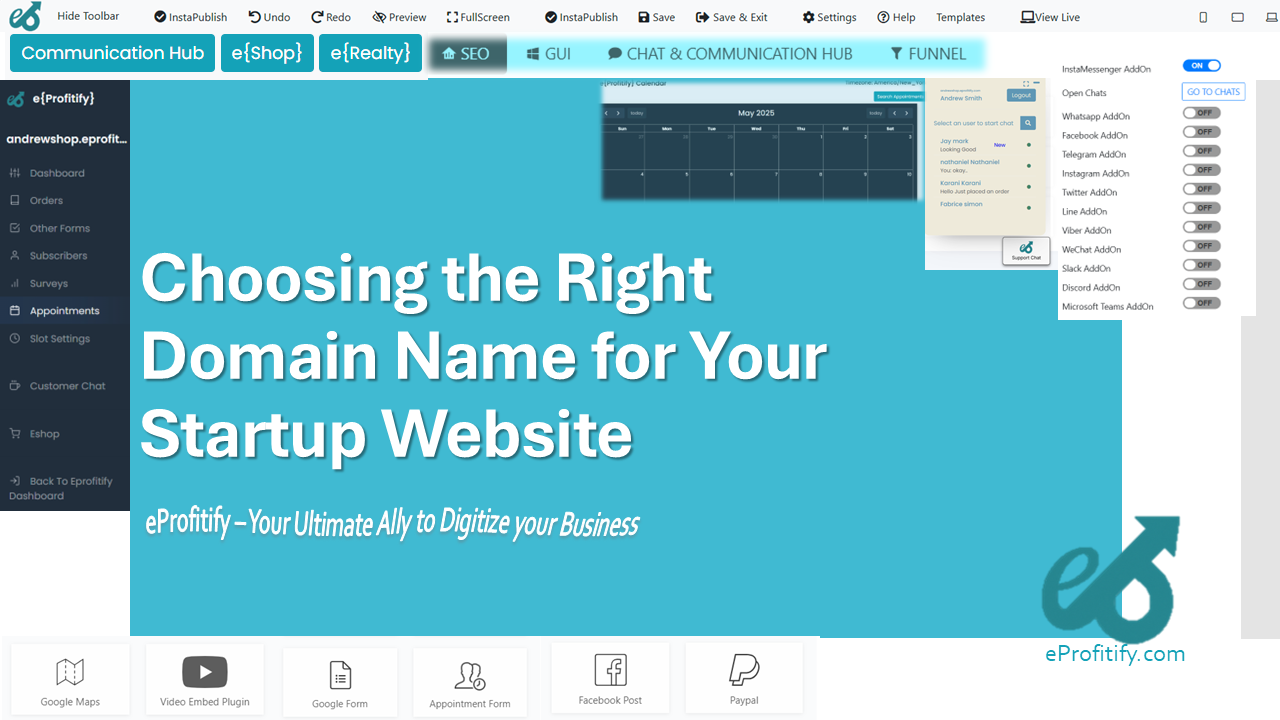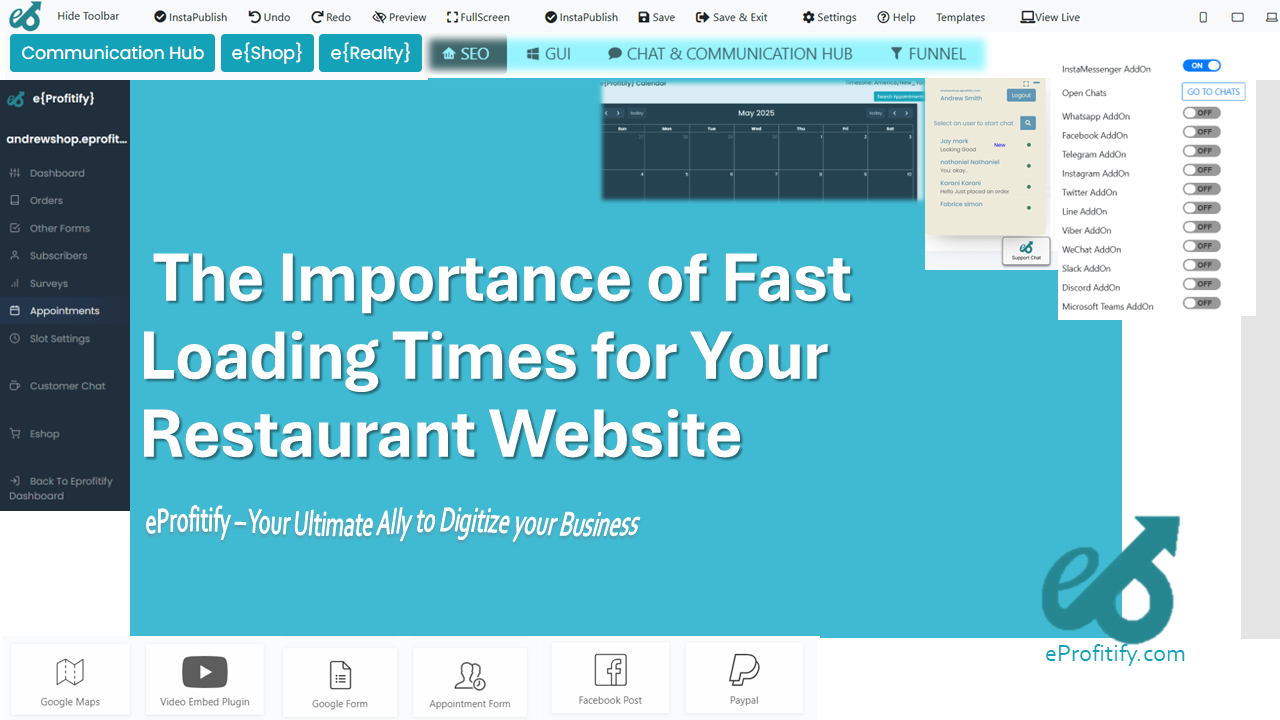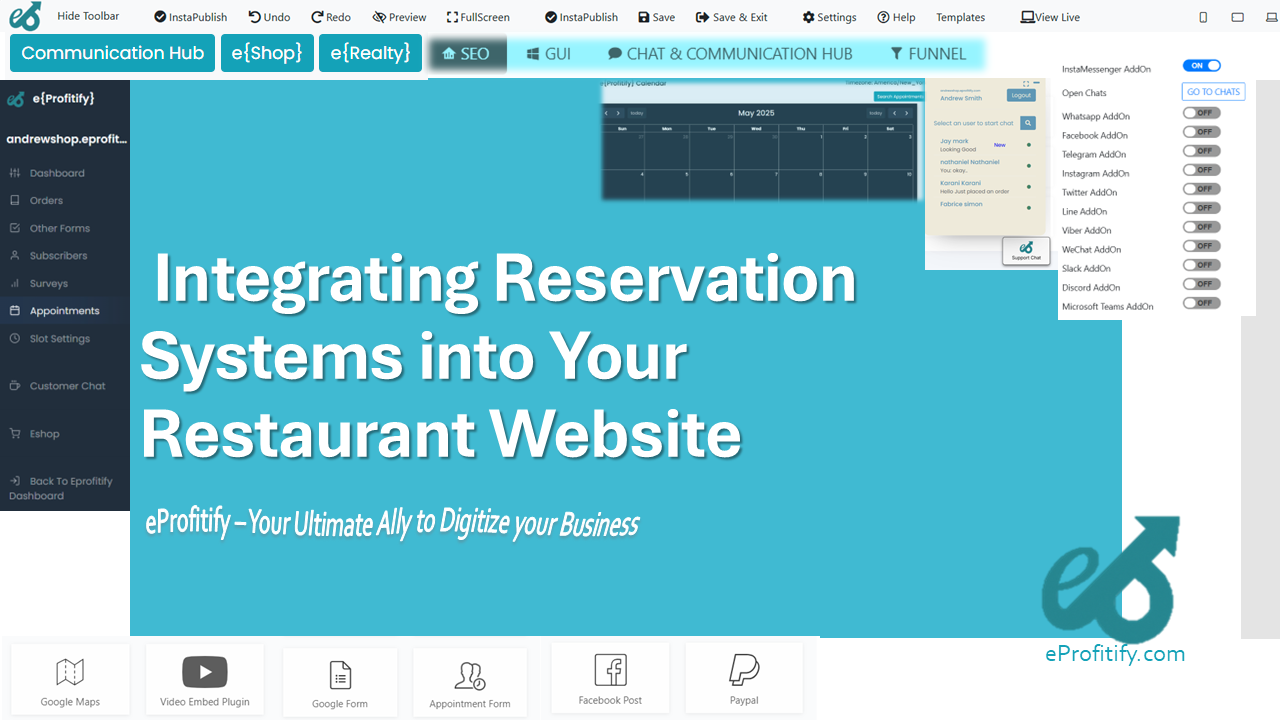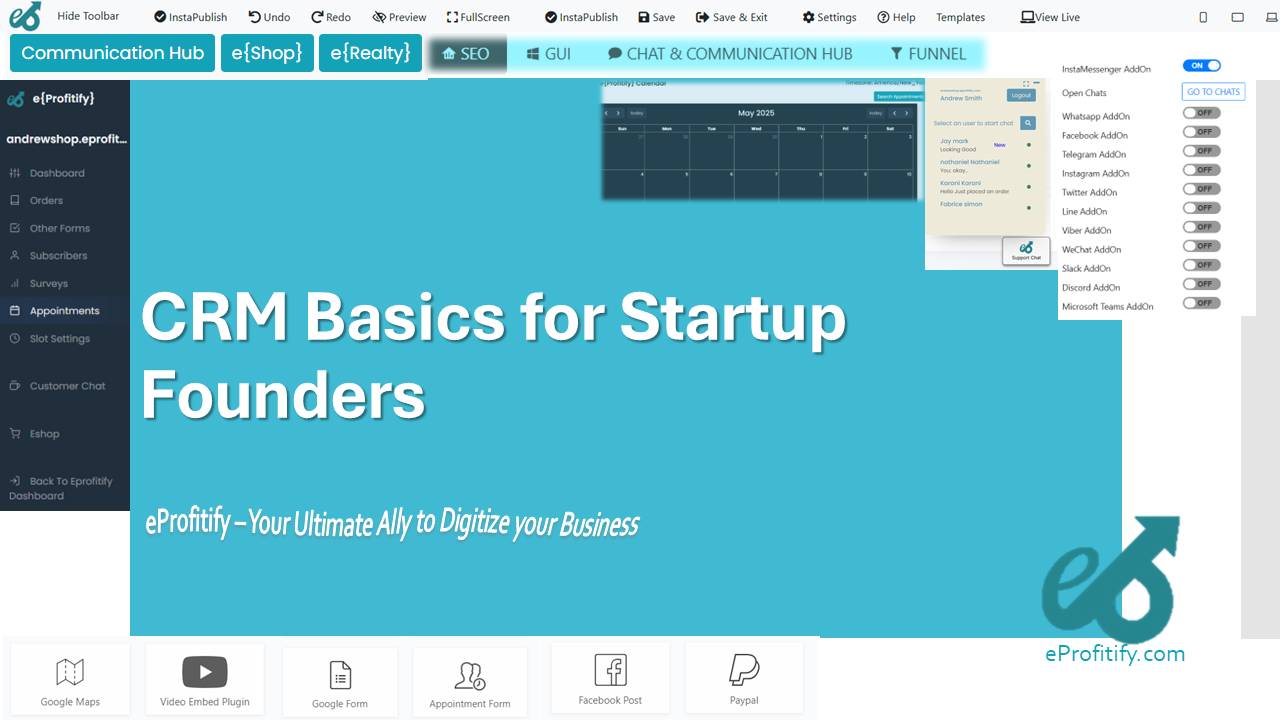How to Expand Your Food Truck Business to Multiple Locations
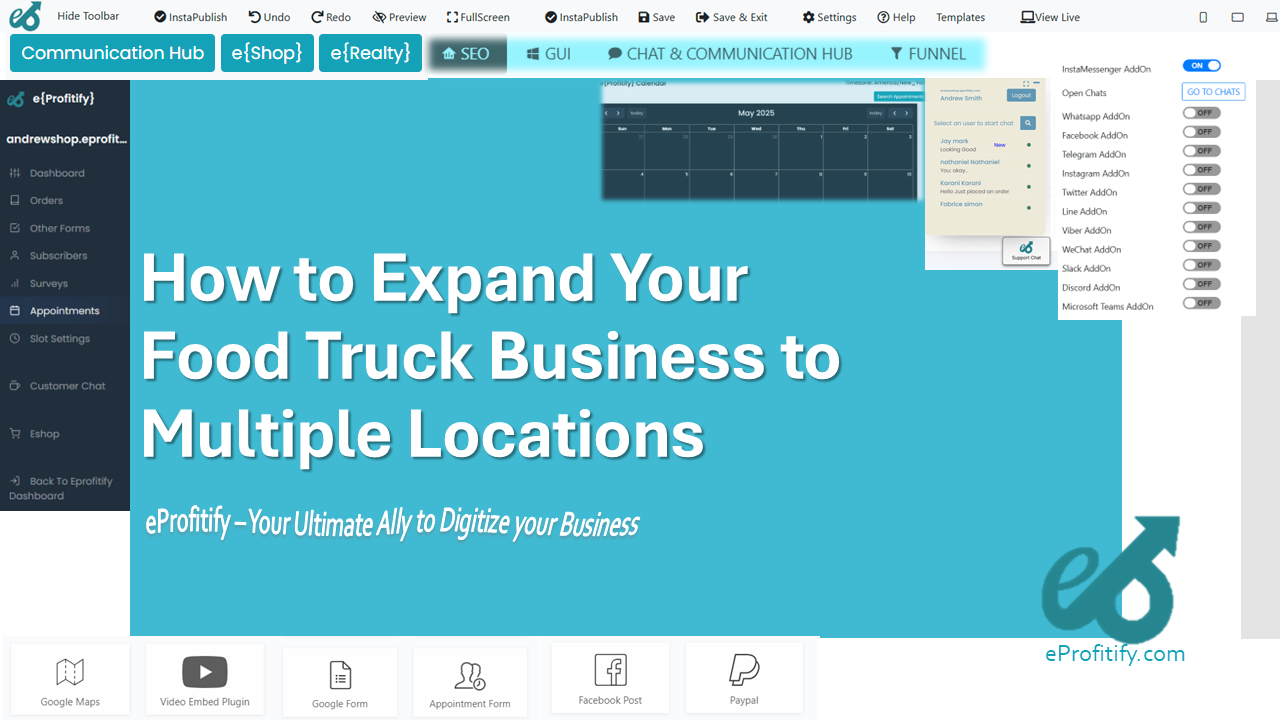
Schedule a LIVE Zoom call with an eProfitify Expert.
How to Expand Your Food Truck Business to Multiple Locations
The food truck industry has evolved from a trendy dining option to a formidable segment of the culinary world. Valued at $1.2 billion in 2023 and growing at a 6.1% annual rate (IBISWorld), food trucks are no longer confined to city corners—entrepreneurs are scaling operations to multiple locations. However, expanding requires strategy, technology, and precision. This guide explores actionable steps to grow your food truck business, supported by industry statistics and the role of eProfitify, a leading website publishing and management platform that streamlines operations through tools like instant messaging, appointment management, eCommerce, CRM, and more.
1. Conduct Market Research and Validate Demand
Before expanding, analyze new markets to ensure demand aligns with your offerings. According to the National Restaurant Association, 70% of consumers prefer food trucks for their convenience and unique menus, but preferences vary by location. Use tools like eProfitify’s CRM to track customer demographics and preferences from existing operations, identifying popular menu items and peak sales times. Supplement this with local surveys and competitor analysis. For instance, if your truck thrives in urban lunch crowds, research suburban event spaces or corporate parks where similar demand exists.
2. Build a Consistent and Scalable Brand
Consistency is key to multi-location success. Your brand’s visual identity, menu quality, and customer experience must remain uniform. Utilize eProfitify’s website builder to maintain a cohesive online presence across locations, ensuring menus, branding, and promotional materials are synchronized. A unified website also boosts SEO, helping customers find your trucks effortlessly. Mobile Cuisine reports that 35% of food truck operators run multiple units, and those with strong branding see higher customer retention.
3. Invest in Technology for Operational Efficiency
Scaling demands robust systems to manage orders, staff, and logistics. eProfitify offers an all-in-one solution:
- Instant Messaging: Coordinate teams across locations in real time.
- Appointment Management: Schedule truck rotations, event appearances, and catering gigs seamlessly.
- eCommerce Integration: Enable online pre-orders, which Toast reports can increase sales by 30%.
- CRM Tools: Personalize marketing using customer data—85% of patrons return for tailored experiences (Salesforce).
By centralizing operations, eProfitify reduces administrative burdens and enhances decision-making through analytics.
4. Choose High-Impact Locations Strategically
Location drives foot traffic and revenue. Leverage data from eProfitify’s analytics dashboard to identify high-performing areas based on sales trends and customer footfall. For example, trucks near office complexes may thrive at lunch, while evening hotspots near entertainment districts require later hours. Eventbrite notes that 40% of food truck revenue comes from events, so use eProfitify’s appointment system to secure slots at festivals or markets.
5. Standardize Operations and Train Teams
Consistency in food quality and service is non-negotiable. Develop standardized recipes and workflows, and use eProfitify’s training modules to onboard staff efficiently. Cross-train employees to handle multiple roles, ensuring smooth operations during peak hours. According to Toast, labor costs consume 25-35% of food truck revenue, making efficient staffing critical.
6. Expand Your Menu with Data-Driven Insights
Introduce new items cautiously. Analyze eProfitify’s CRM data to identify top sellers and regional preferences. For instance, a taco truck expanding to a coastal area might add seafood options. Limited, strategic menus reduce waste and kitchen complexity, maintaining speed and quality.
7. Leverage Marketing and Customer Engagement
Use eProfitify’s integrated marketing tools to run targeted campaigns. Engage customers via social media, email newsletters, and loyalty programs. BrightLocal found that 60% of customers check online reviews first, so manage your reputation through eProfitify’s review aggregation feature. Promote new locations with geo-targeted ads and event announcements.
8. Monitor Finances Closely
Track costs, revenue, and profitability across locations using eProfitify’s financial dashboards. Optimize inventory by analyzing sales patterns, reducing spoilage. Set aside a contingency fund—expansion often incurs unforeseen expenses like permits or equipment repairs.
Conclusion
Expanding a food truck business requires meticulous planning, brand consistency, and smart technology. Platforms like eProfitify empower owners to automate operations, engage customers, and scale efficiently. With 35% of food trucks already operating multiple units, leveraging these tools can position your business for sustained growth. Begin with research, invest in innovation, and let eProfitify handle the rest—your next successful location is just a click away.
